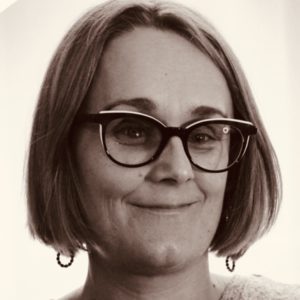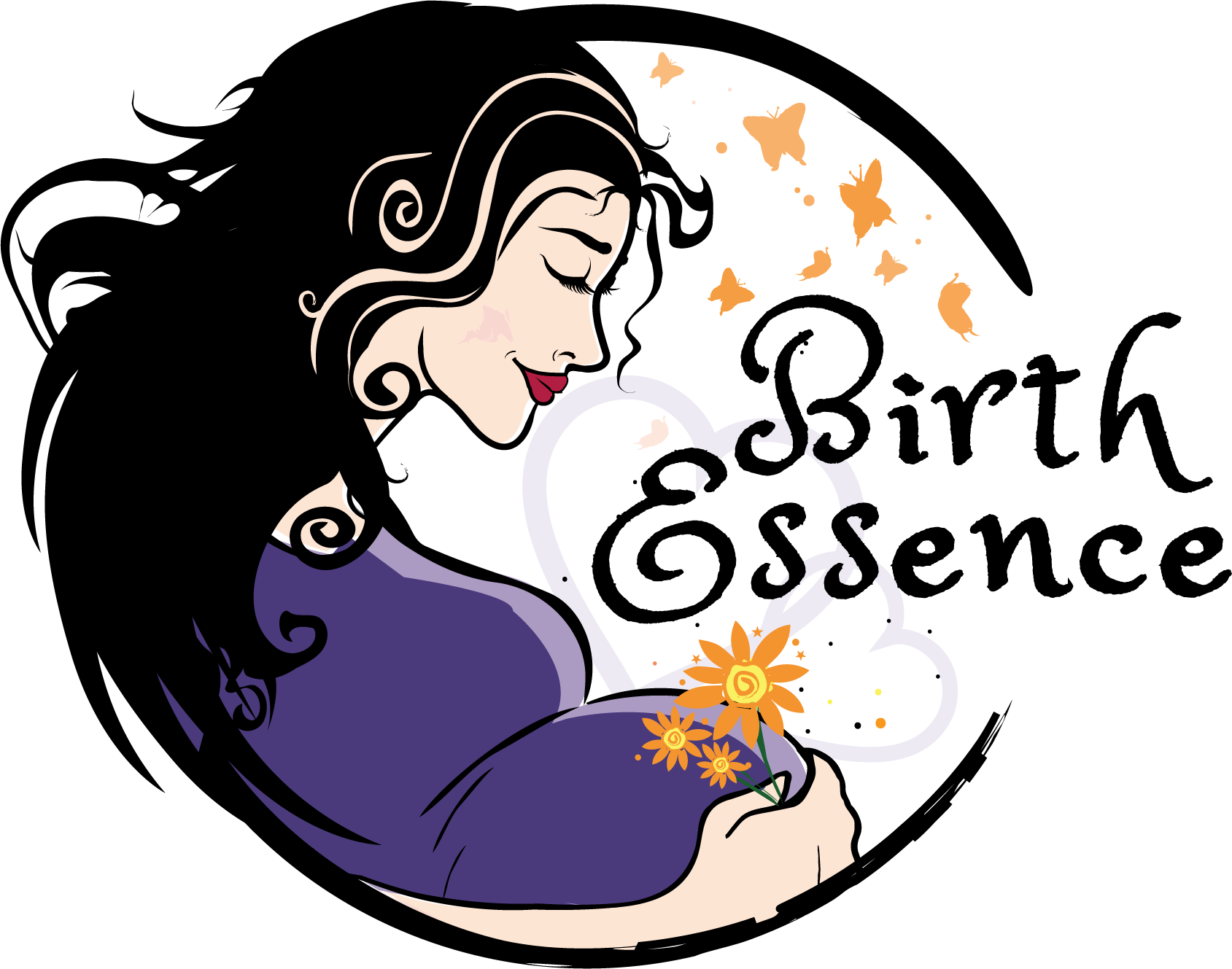Rebecca Moore – Birth Confidence Summit
Quick Links from the interview:
Make Birth Better Website including downloadable cribsheets on all aspects of trauma symptoms, what is birth trauma, the traumatised brain, mindfulness for birth and self care for professionals to name but a few.
The fifth Annual Birth Trauma Conference In London on Wednesday January 22nd
The Birth Trauma Association a charity that supports women who suffer birth trauma – a shorthand term for post-traumatic stress disorder (PTSD) after birth. They also have a closed facebook group for parent support
Rebecca's Bio

Rebecca is a consultant perinatal psychiatrist based in London working with women to support their mental wellness through pregnancy and the postpartum. She has a special expertise in birth trauma.
She believes in working holistically and is likely to prescribe exercise and supplements as well therapy and medication.
Rebecca is the Co Founder of Make Birth Better a national collaborative of parents and professionals working to reduce the life changing impact of physical and psychological birth trauma.
She writes, podcasts and lectures all around the U.K and internationally.
Outside of work Rebecca is a mum, training to be a yoga teacher and an avid reader and traveller.
Instagram @drrebeccamoore
Time Stamps
4.00 The importance of feeling prepared and what factors contribute to not feeling prepared. Antenatal education that includes all the narratives on birth can help women feel more in control and confident.
5.20 The importance of involving partners and having education as a family to be.
Remember to plan for the postnatal period whilst still pregnant as we all have a learning curve to go through once we have a baby.
9.00 Honour what you did do rather than focusing on what you didn't. Reframe your achievements- they don't have to be big things to be significant. e.g. getting up is brilliant.
11.40 The Story of how Make Birth Better came into being from hearing women come back feeling alone with noone asking them about how their births went.. Now it has grown exponentially with enquiries from all around the world.
13.02 Systems that are burnt out themselves and not able to give best care create a vicious circle.
18.00 Be courageous to pluck up the courage to tell someone how you feel and recognise what is going on. We also need to do more to reach out to mums and not put the onus on them to reach out to professionals.
22.00 About the Annual conference on Birth Trauma - this year on 22nd January.Tickets Eventbrite
25.00 What is trauma? This can feel like a big word. If a part of your birth felt overwhelming or out of control then you may be left with knock on effects such as anxiety over protective feelings for your baby and in ability to relax. If these are present continuously or most of the time then seek support - GP or Health visitor is a starting point. Each surgery in the UK should have a perinatal champion. Pick someone you feel safe with
Having healing therapy is helpful to explore what happened and feel in control of your feelings. The birth trauma association has a closed fb group.
31.57 Every word counts This was a powerful social media campaign where women shared words that had impacted them positively or negatively in birth and you can view the video at the page. What came out of this was that very tiny differences to use of language can make powerful difference.
35.00 Poor Maternal effort after 40 + hours of labour and no food or sleep. This is a good illustration of how language can impact. Check if what you have said is what has been understood.
38.00 BRAIN - Acronym for asking the right questions . Use your partner as an advocate and challenge poor care. Do not be afraid to ask questions.
40.38 The importance of kindness and how this can be lost in systems where the staff are burnt out. WE need to look after our amazing front line staff better.
42.53 Rebecca's big vision for the future and why having a big vision is important.
46.39 The cost of solving problems is tiny compared to the costs we are already paying for resultant health problems which is very short sighted.
If you are struggling. reach out and ask for help.
